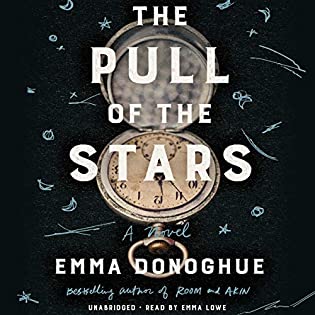 The Pull of the Stars by Emma Donoghue
The Pull of the Stars by Emma Donoghue Narrator: Emma Lowe
Published by Hachette Audio on July 21, 2020
Genres: Historical Fiction
Pages: -2
Length: 9 hours 6 minutes
Format: Audio, Audiobook
Source: Audible
Buy on Amazon, Buy on Bookshop
This post contains affiliate links you can use to purchase the book. If you buy the book using that link, I will receive a small commission from the sale.
Goodreads
Dublin, 1918: three days in a maternity ward at the height of the Great Flu. A small world of work, risk, death and unlooked-for love, by the bestselling author of The Wonder and ROOM.
In an Ireland doubly ravaged by war and disease, Nurse Julia Power works at an understaffed hospital in the city center, where expectant mothers who have come down with the terrible new Flu are quarantined together. Into Julia’s regimented world step two outsiders—Doctor Kathleen Lynn, on the run from the police, and a young volunteer helper, Bridie Sweeney.
In the darkness and intensity of this tiny ward, over three days, these women change each other’s lives in unexpected ways. They lose patients to this baffling pandemic, but they also shepherd new life into a fearful world. With tireless tenderness and humanity, carers and mothers alike somehow do their impossible work.
In The Pull of the Stars, Emma Donoghue once again finds the light in the darkness in this new classic of hope and survival against all odds.
This book is yet another book I picked up to fulfill a reading challenge, in this case, the Decades Reading Challenge, and I thoroughly enjoyed it. It’s probably one of the most harrowing books I’ve read in a while, and Nurse Julia Power is a worthy hero. I also had an opportunity to learn about Dr. Kathleen Lynn, whom I’d never heard of, and she was a fascinating historical figure. The 1918 flu pandemic and the aftermath of World War I in Dublin are drawn in sharp relief. It’s hard to believe, but Donoghue finished this book in March 2020, just as the world was beginning to come to grips with the fact that COVID-19 was a global pandemic and threat to millions of lives. I did not realize that the 1918 flu pandemic killed more people than World War I. Why is it that we have discussed this horrible pandemic so little? Would we have actually learned from history? I suppose that’s something we never do as a species, so probably not. The book made me extremely glad that I gave birth to my children when 1) more modern medical practices existed, and 2) a pandemic was not raging. All the women everywhere, at every time in history, who gave birth under such uncertain circumstances are heroes.
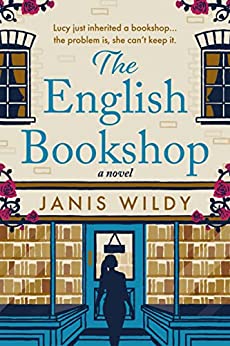 The English Bookshop by
The English Bookshop by 
 To The Bright Edge of the World by
To The Bright Edge of the World by 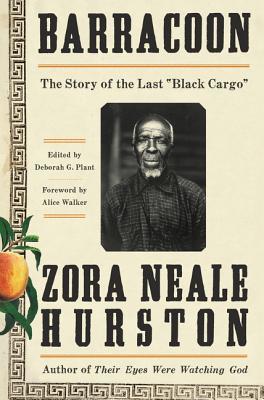 Barracoon: The Story of the Last “Black Cargo” by
Barracoon: The Story of the Last “Black Cargo” by 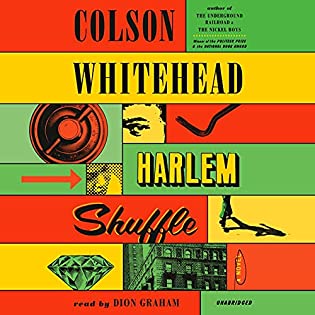 Harlem Shuffle by
Harlem Shuffle by 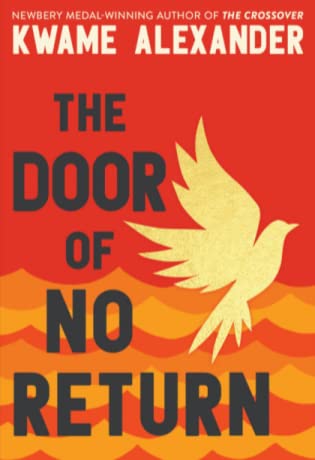 The Door of No Return by
The Door of No Return by 
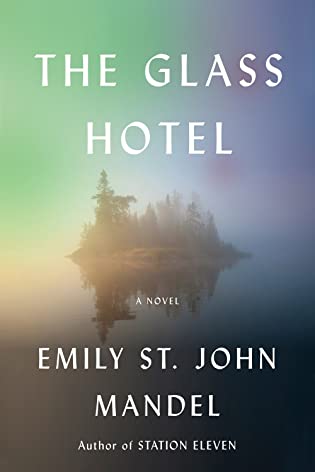 The Glass Hotel by
The Glass Hotel by  Sea of Tranquility by
Sea of Tranquility by 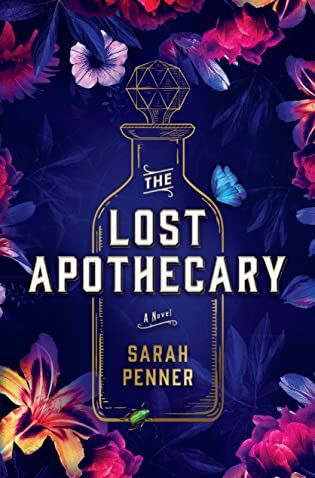 The Lost Apothecary by
The Lost Apothecary by  The Age of Innocence by
The Age of Innocence by